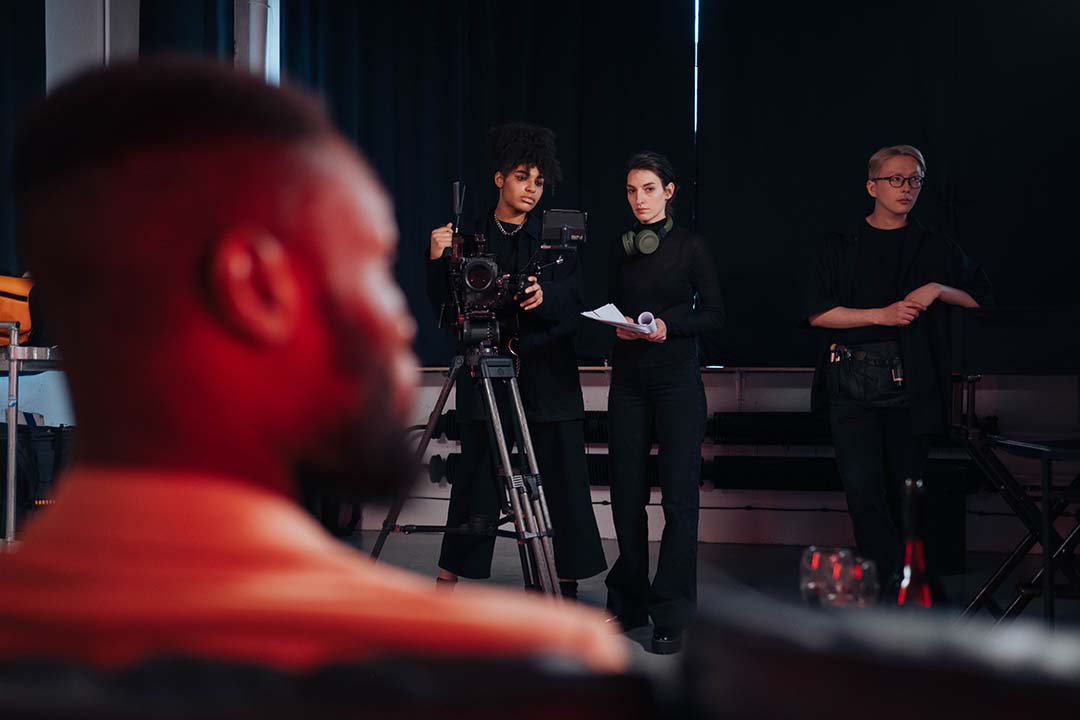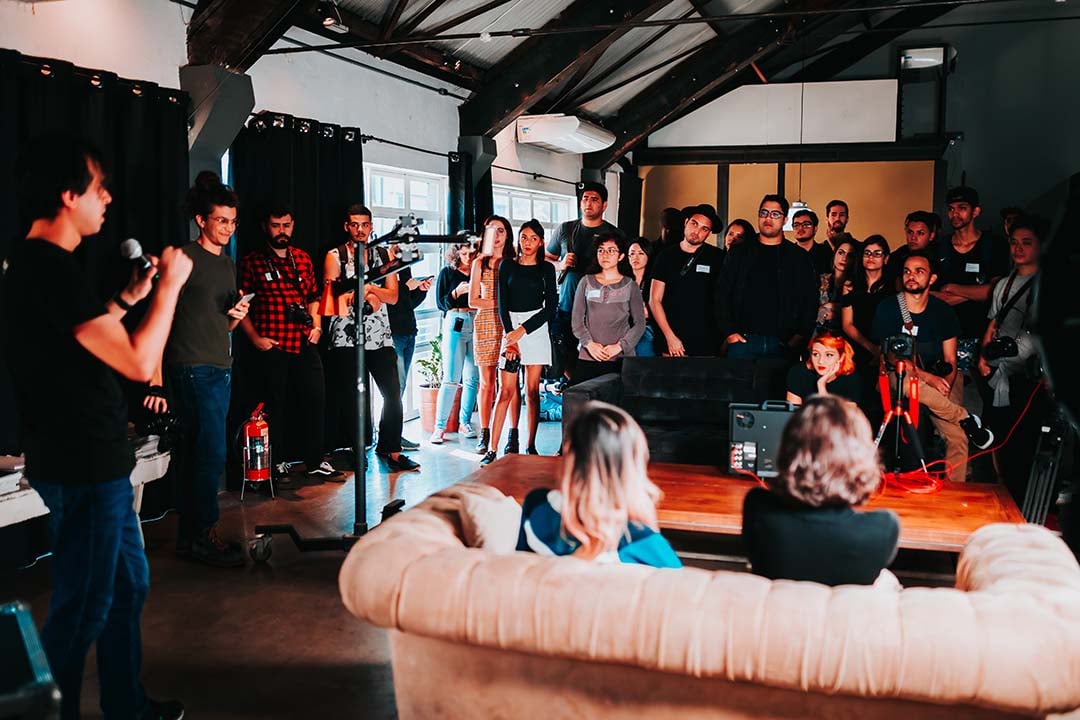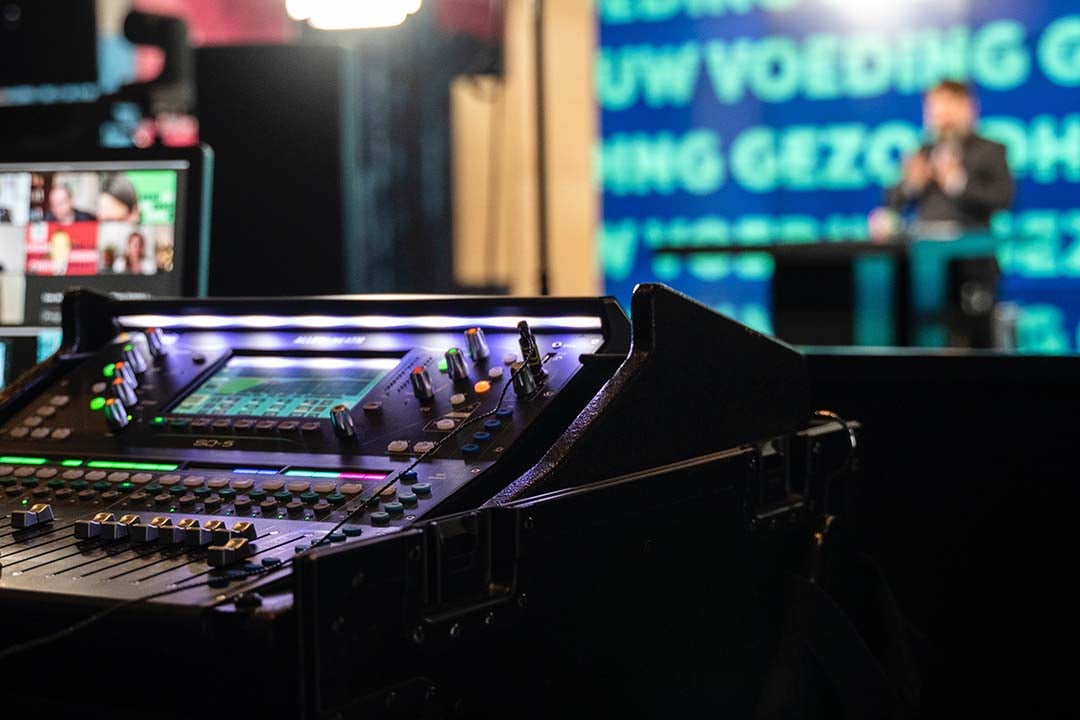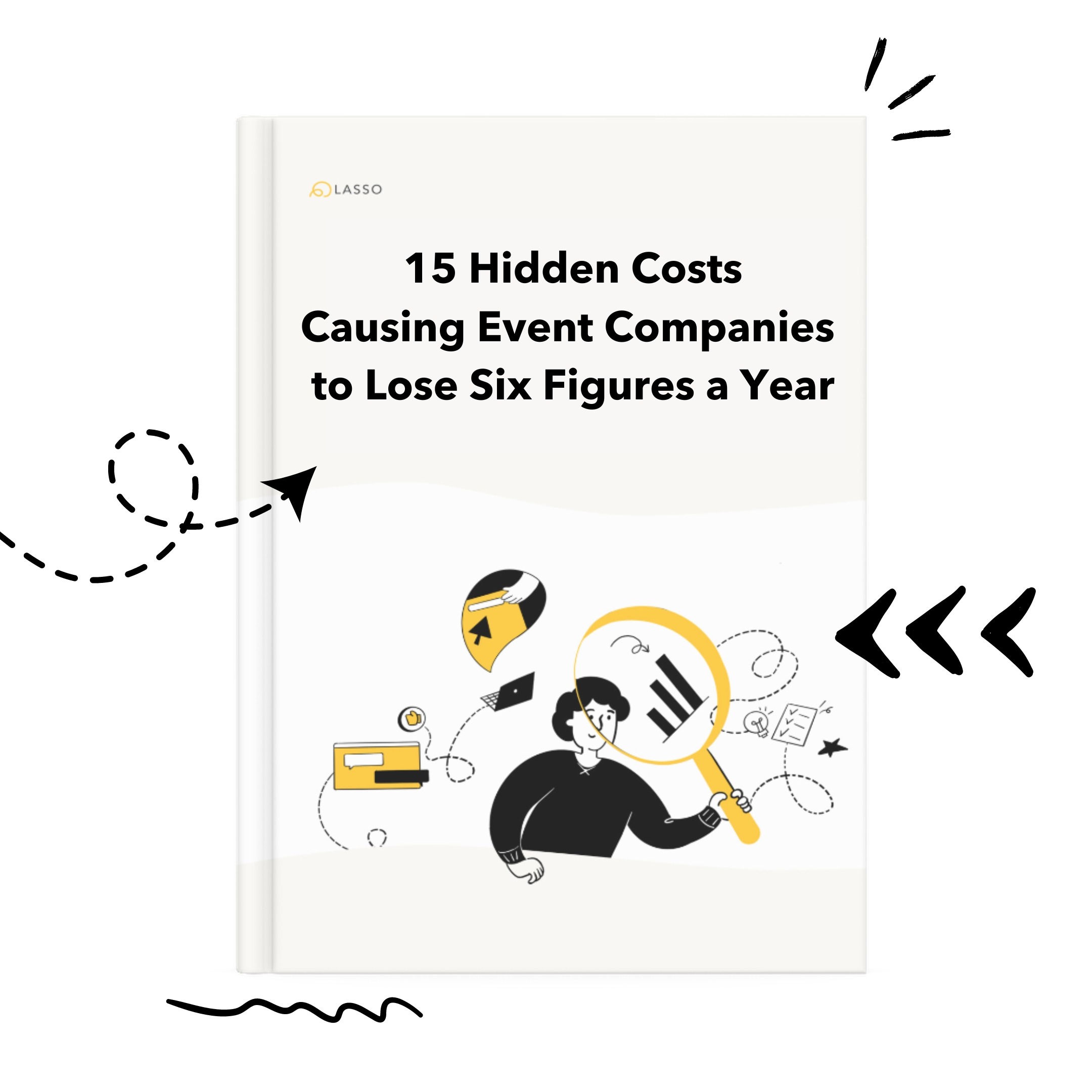We think of a producer as someone who is financially responsible for an entire project when it comes to films or TV. We know that there’s a difference between associate producers or executive producers and the actual producer of the project, but, by and large, a producer is the one who hires directors, screenwriters, music composers, and editors.
Live events production is a different thing altogether. The only similarity is that an event producer has to be as involved as a film producer during every step of the event, from the ideation table to the time the stages and portable bathrooms are being dismantled or driven away.
What does a live event producer do?
The primary job of an event producer is to ensure that the event (whether it’s corporate, nonprofit, gaming, or private) goes smoothly and successfully. Their role depends entirely on the nature of the project but an A-to-Z involvement in every step is deemed essential.
They may need to play an important role in ideation, scheduling, booking artists for special events, and so on. Event producers play an even more significant role in larger events, where their job is to keep everything running in a well-ordered and stress-free manner. The better the event producer, the more relaxed the client.
Please note: Even in the events world, people often use the terms event producer and event manager interchangeably. This can confuse laypeople, who think an event producer’s role is to plan events. This is not completely true. Event planners work very closely with clients on tasks like room reservations or travel necessities, taking care of event plans on a broader scale.
They create blueprints for grand functions with the help of the client. Event producers make this blueprint come alive. Typically, the event producer works with the event planner and the client to bring the manager’s plan to fruition. An event planner may even help the event producer out with specific bits of client information (like when the client is supposed to reach a venue).
An event producer’s role also leans on the technical side, because they are responsible for the equipment, the ideas, and sometimes, even the designs.
What is the live event producer’s role before the event?
As mentioned earlier, the event producer is ideally there from the very beginning. An experienced producer will be able to help conceptualize the event, fill in the roadmap leading up to the event, work out who might need to be invited or informed, and plan where to host it. Being part of the entire vision helps event producers calibrate client expectations of the event as well.
It is the responsibility of the event producer to give clients an accurate idea of what the event will look and feel like, and discuss any changes the client might suggest. This is all done to avoid major disappointment on the day of the event.
What does a live event producer do just before the event?
A few weeks before the event, the event producer will need to bring everyone together to execute the event flawlessly. The cameras, lights, AV, and production assistants will have to be located and hired. They will also bring the technical, artist, and facilities teams together.
Event producers will need to ensure that guests, visitors, and/or audiences have a comfortable experience of the event. All collaboration with the marketing team and/or the broadcast teams will also be handled by them.
If necessary, they might prepare last-minute itineraries for the staff members and crew.
Related: How to Balance Live Event Staff Morale and Client Experience
What does a live event producer do during an event?
The event producer is present throughout the event to oversee how it goes. There are inevitable issues on D-day, no matter how well-prepared the team is. It is the job of the event producer to solve each problem as it appears and make sure that communication between teams can continue unhindered.
After the event is over, the event producer has a good understanding of what went well and what didn’t work for the project at all. This helps them have a one-on-one with anyone who needs to understand their duties better. Teams/individuals who did an outstanding job are shown appreciation and hired again.
Who do event producers work with?
Event producers work closely with event planners and clients, but they are in touch with every team on the unit. Whether it’s a production team or a technical team or the core creative team, event producers are expected to coordinate with everyone. This is also because they source many key professionals and teams for the event. For larger events, they also need to speak with local authorities and emergency teams.
What skills do live event producers need?
There are great event management courses training upcoming event producers, but the most important qualities cannot, perhaps, be taught. Event producers need to be organized and amazing communicators, but what they need most of all is the ability to remain calm during highly stressful situations.
It’s necessary for them to be friendly because their role requires an immense amount of inter-team coordination and, on a daily basis, checking in on a lot of different professionals. A certain knowledge of creative skills like writing or designing may come in handy. And, as with every event job, event producers need to be okay with working long hours.
Although it’s more common for corporate organizations to hire more event producers, any event can benefit from having one on its team. Sometimes event planners hire event producers as well, especially if the event is way too huge for a planner to manage singlehandedly. Massive events have many event producers; smaller ones might manage with one.
For responsible people who enjoy communicating with others, the role of an event producer is perfect. It’s not as hectic as it sounds, mainly because they have many teams of professionals to help them deliver events. Live events management projects (stage shows or theaters) can also be very creatively fulfilling. For anyone looking to organize and strategize (while having a lot of fun on the way), event production is the way to go.
Enjoyed this? You might like
Planning for Success: How to Achieve your Live Event Goals feat. Tom Stimson








